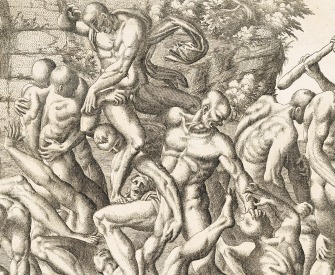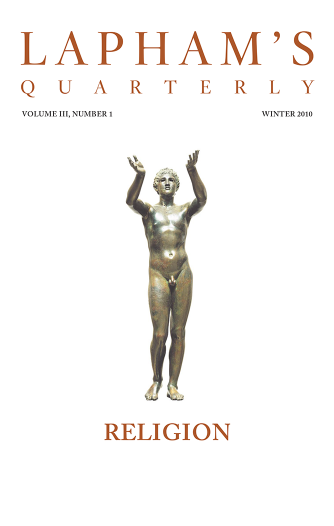Methinks the human method of expression by sound of tongue is very elementary and ought to be substituted for some ingenious invention which should be able to give vent to at least six coherent sentences at once.
—Virginia Woolf, 1899In the Names of Progress
“Obtaining the shortcut of script is the fountainhead of self-strengthening.”
Those who discuss the affairs of the times nowadays either call for the restoration of the old Zhou rituals or for renewal through Western learning. Although what they speak of seems different, their determination is the same. They all cherish accommodation to circumstances, just as with officialdom, military strategy, agricultural policy, commercial affairs, manufacturing, mining, and schools. I, however, consider the accommodation of script to circumstances to be primary.
Script is an instrument of intelligence, conveying as it does the language and thoughts of antiquity and the present. The difficulty or ease of a script is that which separates the intelligent from the stupid, the strong from the weak.
From the time when the calligrapher Cangjie created the characters until today, it has been more than 4,500 years. There are three different ways to divide up the characters into groups: by category, by rhyme, and by strokes. Radicals may be as many as 544 or as few as 214. Altogether, we may count more than 40,900 character forms. Those commonly used by scholars are only four or five thousand. Unless you earnestly read the thirteen classics, you cannot be considered smart, and unless you spend more than a decade, you cannot do it. How many decades does a person have available for use in one life? Consequently, those who read books are few, while those who embrace the ancient and the modern or survey China and abroad are even fewer!
At this deeply painful juncture when civil affairs are in disarray and foreign calamities are raging, everyone wishes to devise a plan for self-strengthening. The first is that of the strength of the separate nations of Europe. After Rome lost the Way, Europe broke up into separate nations. The reason why the separate nations of Europe are strong is because they have Roman letters for spelling. This makes it easy for people to read, and thus it is easy for them to understand principle. Having understood principle, they can distinguish clearly between advantage and disadvantage. Those above and those below share the same intention to seek wealth and strength.
The second is that of the strength of America. The reason why America is strong is because the Europeans moved there and planted the seeds of reading on a large scale. Now, America’s sciences, wealth, and strength are running abreast of Europe’s. This too is because they have letters for spelling. Letters for spelling make it easy to communicate one’s innermost feelings to each other so that there are no barriers between those above and those below.
The third is that of the strength of Russia and Japan. The Russian czar, Peter the Great, set about studying Europe when he was young. All affairs pertaining to wealth and strength were imprinted in his heart and written in his books. When he ascended to the throne, his new government was magnificent, and now Russia is feared throughout the world. In the twenty years since Japan has been engaged in trading, it has vigorously flourished because it is courageous in learning from others.
The Chinese people occupy one-third of the whole world. Since the people are so numerous, it is appropriate that the method for becoming literate should be all the more convenient. Otherwise, the vast majority of them would be a bunch of blockheads. Although they have eyes and ears, it is as though they have no vision or hearing.
In the present situation where the Chinese script is compelled to change but the conditions are such that the change cannot be too abrupt, what can be done? There is no principle in the world that cannot be investigated and there is nothing in the world that cannot be done. Through clarification of form and function, I have obtained eighteen letters, which constitute the Original Sounds for a Flourishing Age. They can be presented to the whole world and can spell all the sounds in the world. Obtaining the shortcut of script is the fountainhead of self-strengthening.
© 2000 by Columbia University Press. Used with permission of Columbia University Press.
About This Text
Shen Xue, from “Original Sounds for a Flourishing Age.” In the late Qing dynasty in the 1890s, various schemes were made for replacing Chinese characters with an alphabetic script. Although the Jesuit missionary Matteo Ricci had used the Roman alphabet to transliterate a Sinitic language in 1605, Lu Zhuangzhang was the first Chinese person to create a workable system in 1892. Shen Xue’s idea of a universal script was one of the more ambitious proposals, borrowing aspects from various systems, among them shorthand and Alexander Bell’s Visible Speech.


